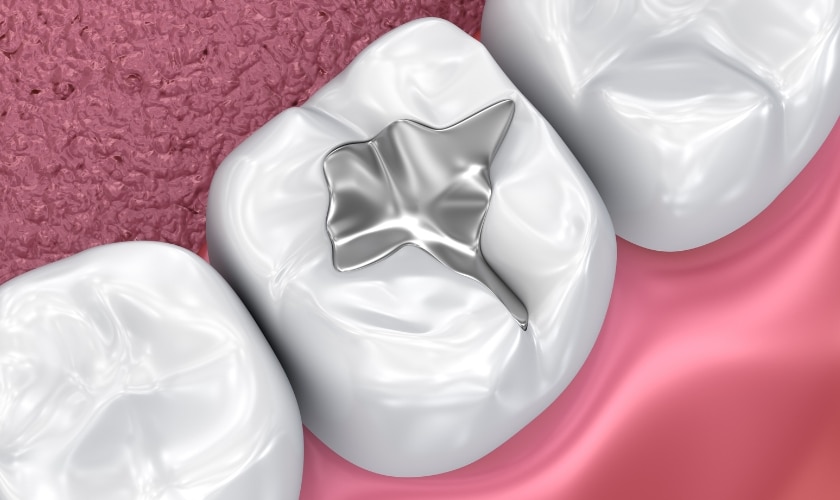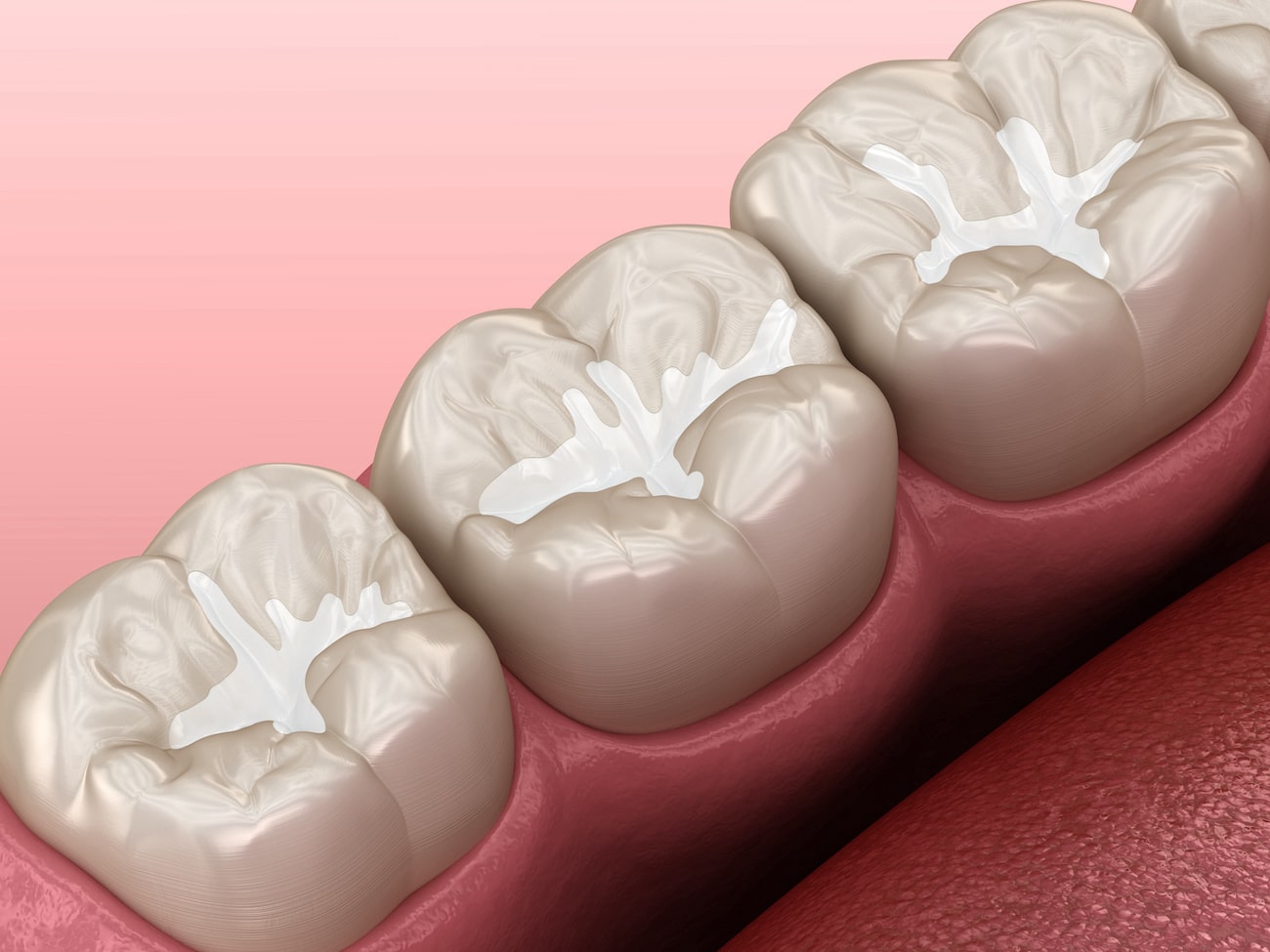
Are dental sealants necessary?
Dental sealants are a preventive measure used to stop cavities from forming. Sealants are made of plastic and provide an extra layer of protection on teeth, making them less susceptible to decay caused by plaque build-up. While most often associated with children’s dentistry, adults can benefit from dental sealants too. In this article, we’ll discuss what makes dental sealants necessary and why they’re important for both kids and adults.
What are Dental Sealants?
Dental sealants are thin coatings that cover the chewing surfaces of back teeth (molars) to prevent tooth decay. They act as a barrier between the enamel of the tooth and plaque, food particles, and other substances that can cause cavities. Sealants are applied in a painless procedure that only takes a few minutes to complete.
Benefits of Dental Sealants
There are several benefits to getting dental sealants:
1. Prevention of Cavities: The most obvious benefit is the prevention of cavities because the sealant acts as an additional protective layer between your teeth and harmful bacteria.
2. Cost-Effective: Getting sealed teeth is much more cost-effective than needing extensive treatment due to a cavity or another form of tooth decay.
3. Easy Application: Applying dental sealants is quick, easy, and non-invasive; it usually just requires brushing the teeth and applying the sealant.
Why are Dental Sealants Necessary?
Dental sealants are necessary for both children and adults because they provide an additional layer of protection against cavities. For children, it’s important to get dental sealants when their permanent molars come in (ages 6-7) because this is often when tooth decay begins. Adults can also benefit from dental sealants, especially those who have a greater risk of cavities due to dietary habits or dry mouth.
Who Should Get Dental Sealants?
Children should get dental sealants on their permanent molars as soon as they come in (around age 6 or 7). As mentioned earlier, adults can also benefit from dental sealants, particularly those at a higher risk of cavities due to dietary habits or dry mouth.
How Long Do Dental Sealants Last?
Dental sealants usually last for three to five years before needing to be reapplied. It’s important to get regular checkups with your dentist so they can monitor the condition of your sealants and make sure they’re still effective.
Conclusion
Dental sealants are an essential part of preventive dentistry that can help protect against cavities and other forms of tooth decay. They provide an extra layer of protection on teeth and are especially beneficial for children as soon as their permanent molars come in (ages 6-7). Adults who have a greater risk of cavities due to dietary habits or dry mouth can also benefit from dental sealants. It’s important to get regular checkups with your dentist so they can monitor the condition of your sealants and make sure they’re still effective.
Dental sealants usually last for three to five years before needing to be reapplied.
Children should get dental sealants on their permanent molars as soon as they come in (around age 6 or 7). Adults who have a greater risk of cavities due to dietary habits or dry mouth can also benefit from dental sealants.
The benefits of dental sealants include the prevention of cavities, cost-effectiveness, and an easy application process.


